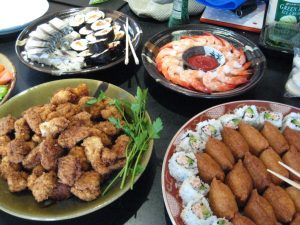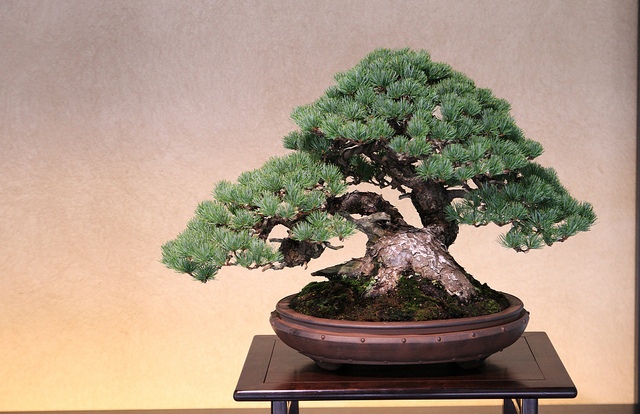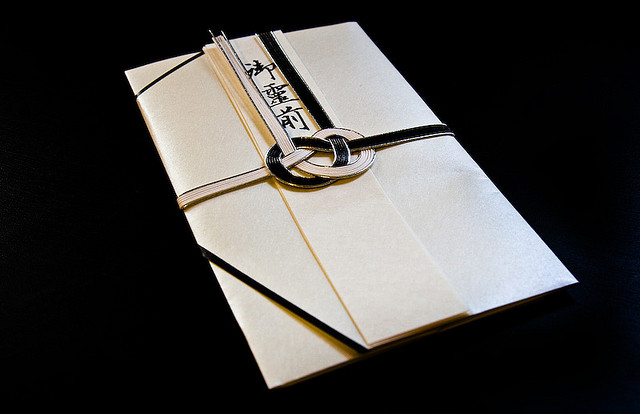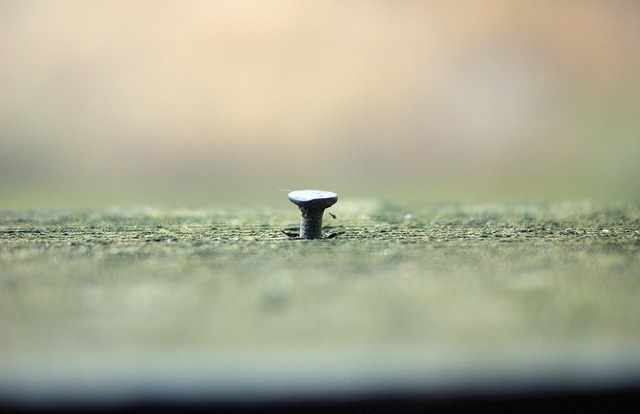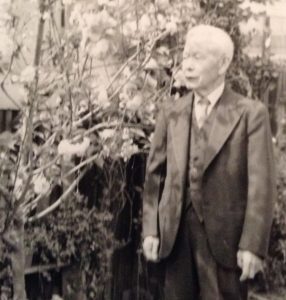It’s that time of year – oshogatsu (New Year’s) – for Japanese-Americans, a much bigger deal than Christmas. My grandmother hosted the New Year’s open house on Pine Street before the war, and every year after it until my mother took over the tradition and it moved to the Richmond District. Through the years, traditional Japanese New […]
You are browsing archives for
Category: A Dictionary of Japanese-American Terms
Japanese-American
A Japanese-American is someone who has been trained in the Japanese ways of ultimate courtesy, but who has a quite independent and secret American sensibility locked into that pleasant and self-effacing exterior—like a bonsai. A tree trying to grow, but forced, through clipped roots and wired branches, into an expected shape. Like bonsai, a Japanese-American […]
Osewa ni natta
I decided early on that it was hopeless; I would never be Japanese, so why try? There was too much to know, too much to be understood that could not be conveyed by the spoken English word. I would rather be forward-looking—American. But much as I tried, I could never leave it behind. Someone would […]
Deru kugi
The Japanese have a saying, “Deru kugi ga utareru”—the nail that sticks out gets pounded down. I did not hear this saying until I was an adult, but as soon as I heard it, I knew it was true. It was one of those unspoken rules that had ordered our lives; but not knowing what […]
Nihonjin
At the age of six, I thought “American” and “English” meant the same thing—white people. After all, Americans spoke English. You have to understand, this was at an age when I also wondered why “onion” was spelled with an “o.” It seemed to me that it should be spelled with a “u,” except that would […]
Jiichan
I don’t remember my grandfather. Jiichan died when I was too young to remember him, but old enough to be afraid of death. He haunted my childhood by appearing in a nightmare so disturbing that I used to force myself to recall it every night before going to sleep so that I wouldn’t dream it […]
